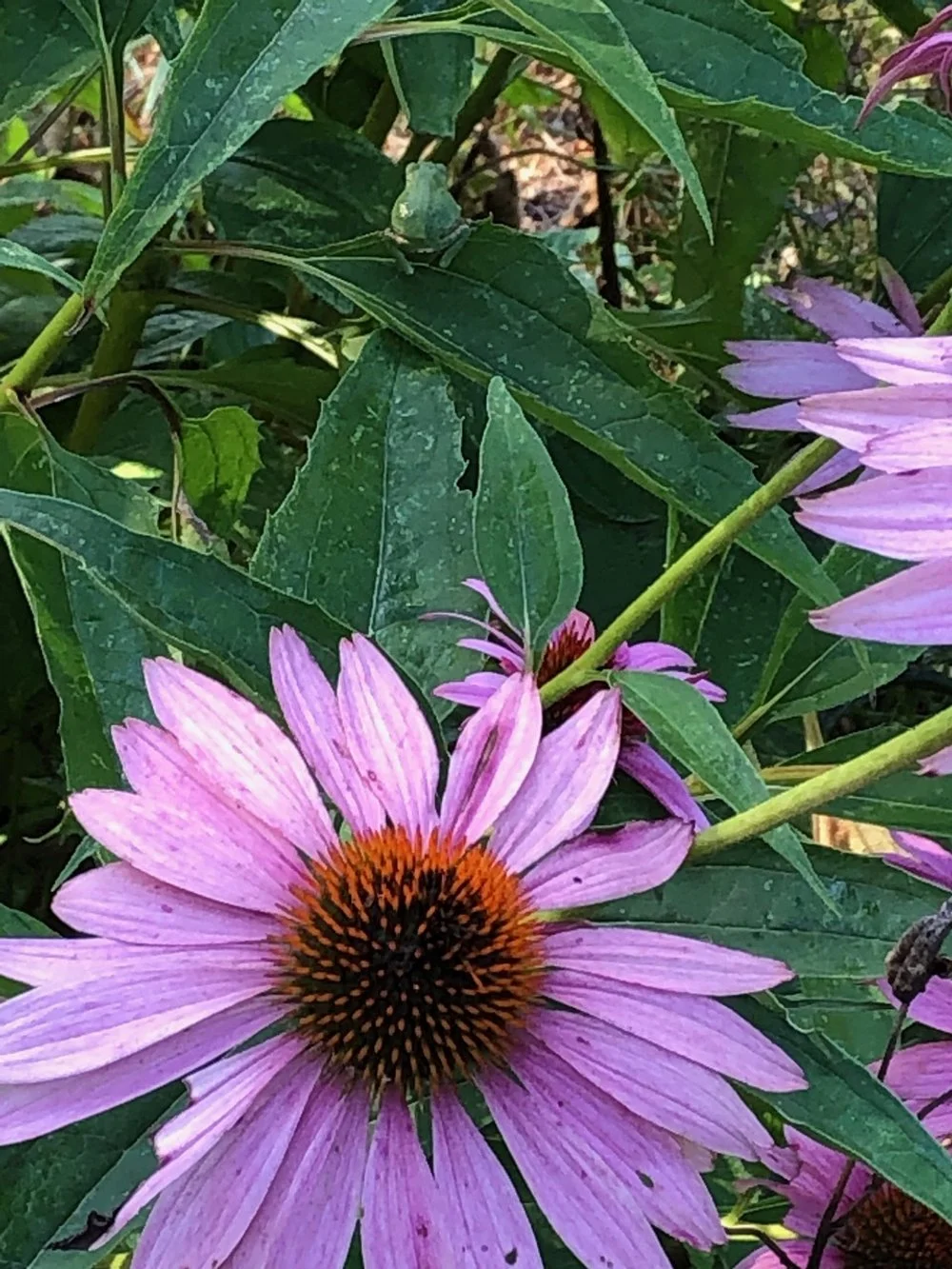Welcome to our September Newsletter!
With early Autumn approaching, Sarasa is excited to open our 2022-23 season, 'Window of the Soul,’ with a star-studded roster of composers and musicians in September’s concert-set: Female Torchbearers of the Baroque!
Don’t forget to subscribe and save today!
Isabella Leonarda, Francesca Caccini, Barbara Strozzi, Antonia Bembo and Elisabeth Jacquet de la Guerre were among a number of outstanding female Baroque composers who lit the music world alight with their own compositions and performances. This program highlights some fantastic, yet neglected music by these women, who deservedly achieved a popular following usually reserved for their male counterparts. We retrace their lives and some incredible music that should be performed much more regularly!
Friday, September 16, 2022 Brattleboro Music Center, VT 7pm [tix: bmcvt.org]
Saturday, September 17, 2022 Harvard-Epworth United Methodist Church, Cambridge 7:30pm
Sunday, September 18, 2022 Follen Community Church, Lexington 3:30pm
PROGRAM:
Francesca Caccini Lasciatemi qui solo for soprano and lute Elisabeth Jacquet de La Guerre Sonata No. 2 in D major for violin, viol & basso continuo
Barbara Strozzi 'Che si può fare' from arie e voce sola, op.8 for soprano and basso continuo
Antonio Bertali Ciaconna in C major for violin and basso continuo
interval
Isabella Leonarda Sonata Duodecima for violin and basso continuo in D minor, op. 16
Elisabeth Jacquet de La Guerre Prelude from Suite No.1 in D minor Pièces de Clavecin 1er Livre
Antonia Padoani Bembo Cantata ‘Lamento della Vergine’ for soprano and continuo
With Kristen Watson, soprano; Elicia Silverstein, violin; Jennifer Morsches, piccolo cello/bass violin; Timothy Merton, cello; Michael Leopold, Baroque lute/theorbo; John McKean, harpsichord
Read our interview with Elicia Silverstein!
Co-Artistic Director Jennifer Morsches interviewed the exciting violinist Elicia Silverstein, who will be joining us for our opening concert-set. See her thoughts on the program below!
Female Torchbearer Composer Soundbite:
Born into an influential Florentine musical family, the composer, singer, instrumentalist and teacher Francesca Caccini's (1587-c.1640) publication Il primo libro delle musiche (1618; “The First Book of Music”) heralded a rising star in the Florentine court’s artistic/humanist circles. In performance, Caccini would have accompanied herself on the lute, at which she was highly accomplished. In her beautiful aria Lasciatemi qui solo (“Leave me here alone”), each stanza’s concluding line repeats the same words “Leave me to die,” which she most likely borrowed from the opening line of Arianna’s lament from Ottavio Rinuccini’s L’Arianna, set to music by Claudio Monteverdi in 1608.
Caccini’s gorgeous Lasciatemi qui solo:
Compare with Claudio Monteverdi's Lamento d’Arianna, SV 22:
…and the great Jeff Buckley's “Lilac Wine”
Female Scientists and Artists of the Baroque:
Similar to female composers, women were more often than not shunned from pursuing a scientific or artistic career. Take as one one example the remarkable 17th-century Dutch botanical artist, Maria Sibylla Merian (1647-1717). A woman of exceptional originality and a respected scholar of the natural sciences, Maria Sibylla Merian struck an unconventional figure. Breaking all the typical rules of her era, she traveled with her daughter to Surinam, the Dutch colony on the equatorial northeast coast of South America. There, she studied the flora and fauna for two years, resulting in her ground-breaking publication, Metamorphosis insectorum Surinamensium ('The transformation of the insects of Suriname’) in 1705, which brought her critical and widespread acclaim.
Passionflower with its fruit with pupae caterpillars - Maria Sibylla Merian
September is National Honey Month,
according to the Farmers Almanac! Sarasa Director Tim Merton has also been tending his bees, and will spin the honey from these honeycombs. He expects to spin around 100 pounds of honey this September.
Peekaboo!
Can you spot the beautifully camouflaged tree frog?
“Get up Leonard - it’s September!”
David Sipress, September 8, 2022 The New Yorker













